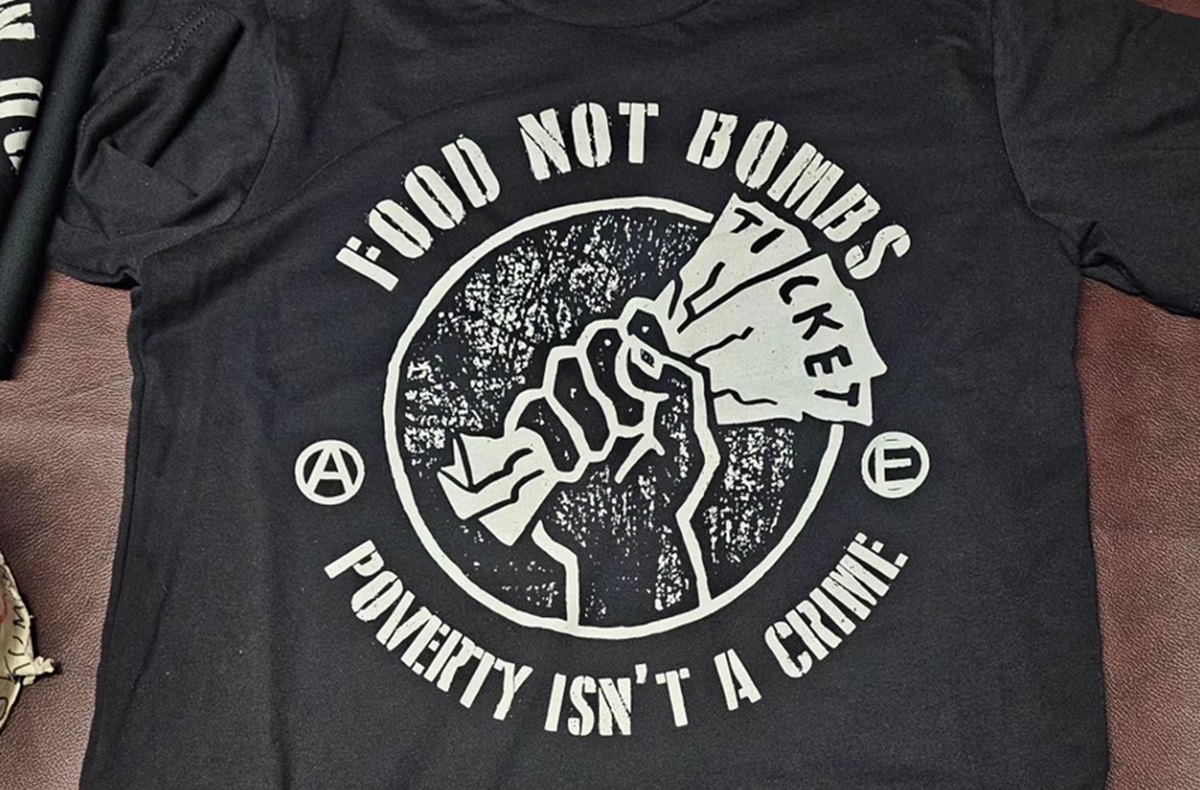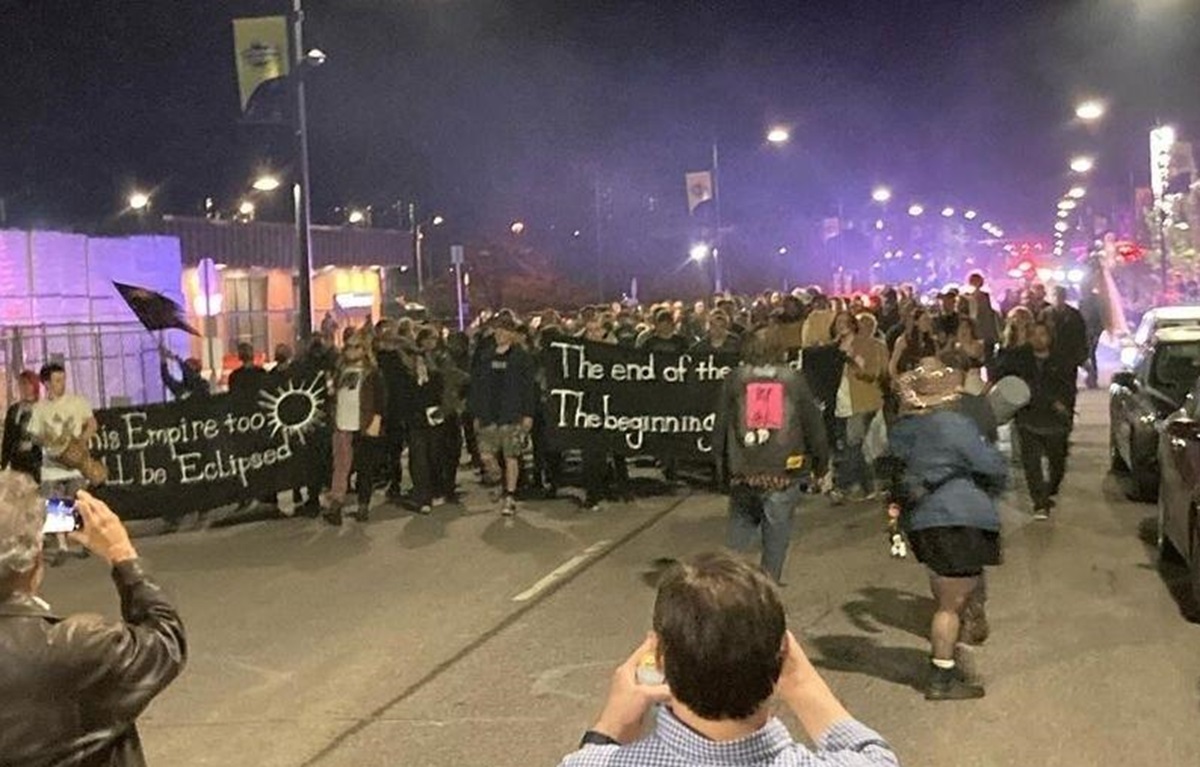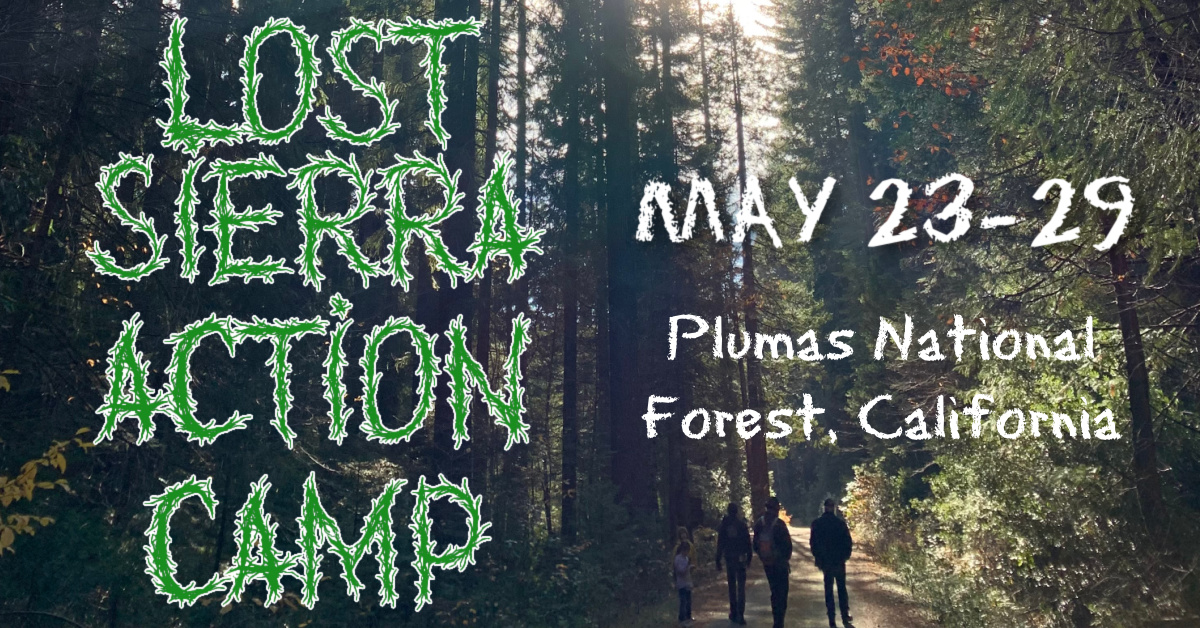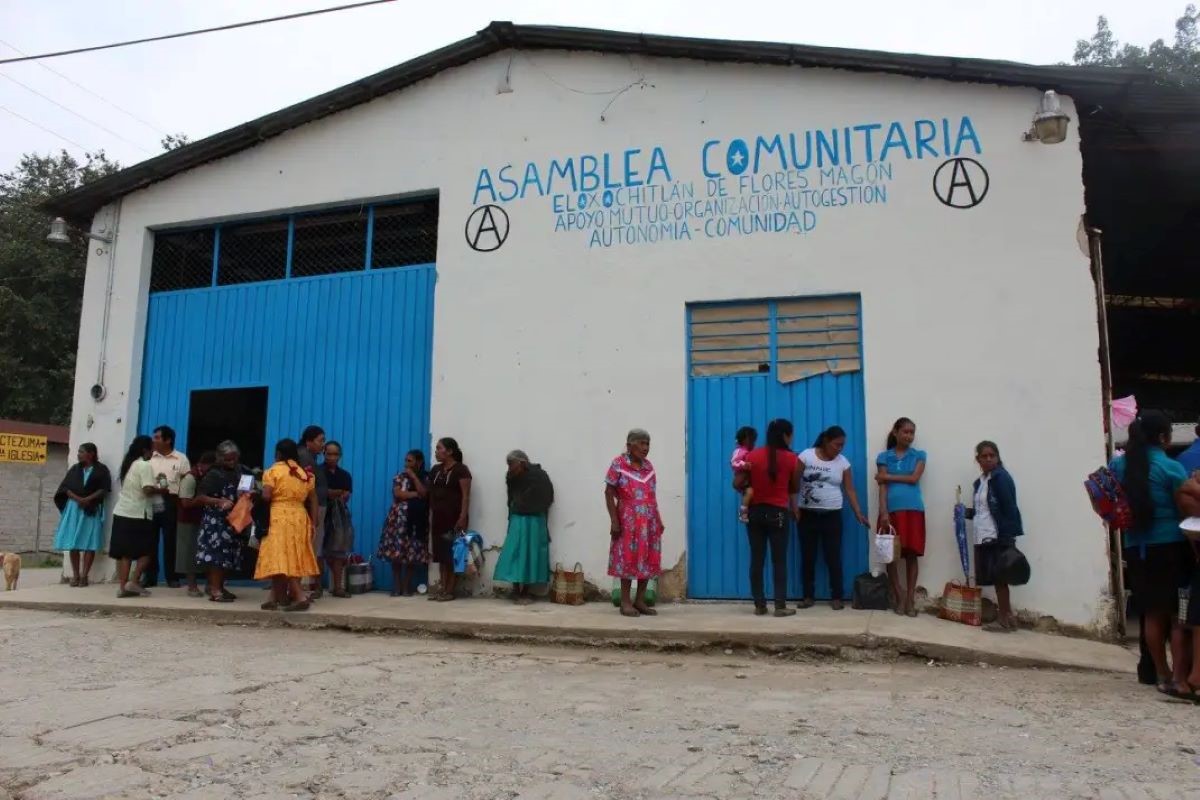Filed under: Anti-Patriarchy, How To, Relationship Advice

Someone let you know that you caused them harm? Heard something of concern about the actions of yourself or a friend through the grapevine? Caught a call-out? Learn your ABC’s for Abusers and Allies.Post originally appeared at Grow Wild Apothecary.
Content Warning: Abuse, Sexual Assault
Disclaimer: The work contained in this post is extremely difficult to undertake, and is not guaranteed to produce desired results. While I have found it helpful, and see a lot of potential in incorporating it, it’s not for everyone. And that’s perfectly ok! Starting out with this protocol on lesser offenses may make sense.
Understanding that actions can never be taken back and that harm can never be undone, we must find strategies for stopping the cause of harm for good each time it happens in our communities. If we are gonna get serious about not relying on the kkkops and the state to use punitive action and force informed by the prison industrial complex to deal with it for us, we are going to need tools that are better than theirs. There’s been a lot of writings, workshops, and other work done on the left for decades on the topics of consent, rape culture, and accountability. Acknowledging that, can we agree on some shit though?
Gather Information
This step should be a prerequisite and ongoing effort. However, if it hasn’t been done before someone speaks up about the harm they have sustained by you or someone in your community, it’s never too late to start. Abuse takes place within a web of interlocking social dynamics that are defined and influenced by systemic oppression. The work of gathering information about systemic oppression, its different forms, and their intersectionality must be done to lay a foundation for having conversations about it with other people who experience it or experience privilege around it. Even if you have your own experiences of oppression, you must learn about that of others in order to understand its different forms and be able to develop a lens of empathy to see and recognize harm when it happens. Otherwise, the mechanisms put in place by western, patriarchal, colonizer culture will remain intact, allowing you to maintain your blindness to the reality of others’ experience and insulate you within a container of denial, invalidation of others, fragility, self-victimization, and excuses. Without this foundation, you won’t be able to understand and recognize harm, nor be accountable for change.
- Read autobiographies of Black, Brown, and Indigenous folks, women, LGBTQIA folks, Trans people, Elders, Survivors, Incarcerated folks, etc. If you haven’t ever done this, Angela Davis, Assata Shakur, and Phoolan Devi’s autobiographies are a good place to start.
- Listen to Miki Kashtan’s Facing Privilege conference calls, available for free at thefearlessheart.org
- Read White Fragility by Robin DiAngelo D. Study nonviolent communication by Marshall Rosenburg to decolonize your language in conflict resolution and learn how to offer empathy.
- Support and buy the art and music of people with more social barriers than you, and receive it with gratitude and openness.
Create Your Self-Care Toolbox
This will help increase your mental/emotional stamina and build a “backbone” for the hard work to be done. It will take staying present in the grief to come, which is a natural process to traverse in order to fully understand and empathize with the harm you have created or perpetuated. This is not the same as identifying yourself as an inherently horrible person, or “toxic”. While your behavior can be considered toxic in its effects and origin, you as a whole are a dynamic human being with the capacity to do better, and you must. Resist the urge to hate yourself into worthiness of being forgiven. That only serves to center yourself and maintain your state of overwhelm, from which you won’t be able to listen and empathize fully with the other person who received harm. Instead, you are called to go inside yourself and to honestly and sincerely take inventory of the harmful behavior, reflect on the effect it has had on others, and examine the root cause(s). This may mean looking at ways in which you have been abused in the past, unmet needs that you have, etc. Make sure to process this on your own time, and not with or in front of the person who has communicated the harm to you.
- Find a trauma-certified therapist who has experience in your area of focus (codependency, sexual abuse, verbal abuse, physical abuse, substance abuse, race/gender privilege, homophobia, etc.) Al Anon, AA, and co-counseling are also great options.
- Create a list of strategies that help you to process and de-escalate when you become triggered or overwhelmed. Refer to this list in moments of compromised executive function, instead of making knee-jerk reactions or participating in more harmful behaviors to yourself or others. Make yourself pick one and follow through with it, and keep going through the list until the feeling of panic or overwhelm dissipates. You can: Take a walk. Drink water, eat something nourishing, Practice breathing exercises that activate the parasympathetic nervous system. Sing songs that feel comforting to you. Write f. Tarot/divination. Use medicines that work for you (motherwort tincture is a great in-the-moment option).
- Map out a support network by identifying different needs you have that require support from another person. These needs may be: someone to practice active listening with (potential co-counseling partner), someone who is good in emergencies, someone who knows you well and for a long time who can give you honest feedback and who can tell you the truth even if it hurts, someone who loves you unconditionally, etc. Reach out when you need to, and if you don’t have people for each of these needs or you only have a few people for all of them, try to work on broadening your support network. Keep it growing and nourished by giving back what you can to them when you can.
- Save the number for the suicide prevention hotline in your area. Call it anytime you need to. This can be super helpful and allow you space to decompress in a way that isn’t going to hurt the people around who care about you.
Make Amends
First, understand that making amends cannot undo what has been done. It does not entitle nor guarantee you the person’s forgiveness, immediately or ever. Be considerate of the fact that depending on the harm that was done and the other person’s past history/current wellbeing that your presence, contact, and words may trigger more harm regardless of what you say or do. Get consent from a trusted mutual or mediator before attempting to contact them, and ask what format of contact would be most preferred by them (in person, over the phone, via text/email, letters, etc). Give them as many options as possible. Even though they may or may not want contact with you, be ready or willing to have a conversation, or to forgive you, you can still do all of this personal work on your own and it will benefit you and the people in your life from more harmful behaviors in the future. However, it doesn’t mean that you don’t have to offer amends to the person you hurt the most. It’s an important and necessary step for follow-through on the work you have done and holds huge potential for healing and recovery for them. You owe them this option. If they accept it, then enter that conversation knowing that you may be faced with a lot of anger, hostility, fear, grief, and many of the other emotions that may come out. Maintain empathy for the person over getting triggered yourself. Use your toolbox.
- Use active listening when the person is explaining their experience. Repeat back what they have said until they agree it matches what they meant to convey. Ask questions if you are unclear. Don’t respond, defend, or argue against anything they have to say, even if you don’t remember it that way or at all. Even if it’s offensive to you. Maintaining empathy through it is the only way you can have hope of lessening their pain and suffering.
- Acknowledge and name the actions that you took that were harmful to them, and take responsibility for them. Do not bring up any of what you have learned about where they came from, what they were influenced by, etc. That is another conversation if they are willing to have it later, but discussing it now will come off as excuses for why you did what you did.
- Express remorse for the harm created.
- (Optional) Let them know how seriously you are taking this by filling them in on some of the actions you have taken since you became aware of your behavior. Name the strategies you have used to help you be fully accountable (therapy, relying on the support network, studying others’ experiences, etc). Explain how this work has helped you insure that the behavior will not be repeated again. This may or may not be appropriate or needed depending on the situation.
- The survivor may be given the opportunity to make any requests. These are not demands, as you are still a sovereign being, and they have no real ability to enforce these requests upon you. Rather, they are making them from a place of vulnerability, because you can deny them, and they are trusting you to be responsible for following through with anything you agree to. These requests may be for reparations, for certain boundaries, or anything else. You may agree to them or offer alternatives if the request is impossible. However, to make your amends, you may need to go the extra mile here to show that you are sincere and willing to back up your words with action. Especially if you have the goal of forgiveness and reconciliation with the other person.
Make your Actions Match your Words through Changed Behavior
This is the most important functional goal of this process. If this isn’t achieved, then the previous steps need more work. Recognize that it’s easy to slip back into old patterns even after years of successfully changed behavior. Also recognize that while you may have changed as a person, it may take time for the one(s) you have hurt to see and recognize this. They may or may not accept you into their lives. Relationships go through the life/death/life cycle just as everything else, and even if the relationship dies and doesn’t come back, it may give rise to something else in your life – even a new relationship with yourself or others. You don’t need to require a continued relationship with the person in order for the process to be successful, you only have to hold them in respect and integrity as a human being and do your work to never repeat the harmful behavior again. A death of a relationship can be a positive outcome when it’s not steeped in passive aggression or violence, and when you respect and honor the boundaries set forth.
Take Responsibility for Becoming an Agent for Change in your Community
Unfortunately, harm is perpetuated all the time at all levels of colonizer society. You and your situation are not unique. What that means, though, is what you have learned is extremely valuable and relevant. When you recognize harm being inflicted in your community, especially by a friend or acquaintance of yours, using your new lens of empathy and understanding of systemic oppression, as well as personal experience, you now have more tools than most to de-escalate that harm and help support the healing and prevention process when appropriate. As you can see, there is so much more to this than a “like” and a “Cancelled” comment, or insulating yourself from the conflict, denial, or making yourself the judge jury and executioner of wrong vs. right, or even just punishing yourself into oblivion. You can support restorative justice with the end goal of stopping the behavior and making the community truly safe for everyone without playing a savior role either, which often serves to remove the person being harmed the most from their own power in the situation. Always center the person communicating their experience of the harm, and take into context the intersectional oppression at play. Stay in your own lane, avoid tone policing by responding with nonviolent communication and empathy, and keep away from reacting from a triggered place.
The most exhausting thing in life may be the act of giving empathy and receiving none in return. Yet, this is the work. This is the gift and the skill that must be honed in order to live and heal in a world devoid of empathy. It’s not possible to do this without learning to give yourself plenty of self-empathy, and that includes both a good self-care toolbox and accountability for growth. Even the worst, most disastrous situations can be your best teachers of this skill, if you will learn. Accept this as a challenge with courage and diligence, and you may be surprised how powerfully transformative it can be.





